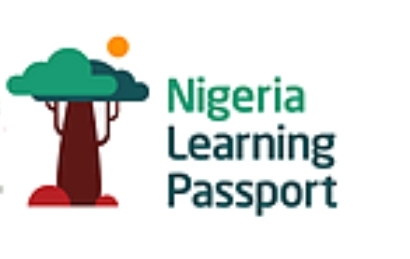Hajiya Hauwa Muhammed, the Team Lead, Nigeria Learning Passport (NLP), says over 47,000 users have benefitted from mobile phone and offline NLP platform to enhance access to quality education in Kebbi.
Muhammed said this at a one-day media engagement/awareness campaign in Binrin Kebbi on Friday.
The workshop organised by Kebbi Ministry for Basic and Secondary Education in collaboration with UNICEF Field Office, Sokoto, is designed to create awareness on the programme among parents, students and the members of the public.
According to Muhammed, NLP provides alternative to learning progress and skills to people in the education system, adding that it also provided continues access to education for children, teachers and communities.
“The platform is designed by the Federal Ministry of Education in collaboration with UNICEF, Microsoft and Global Partnership for Education to bridge the gap of Covid-19 pandemic.
“It was launched by the Federal Ministry of Education on the 23th of March, 2023.
“However, Kebbi state government was the first state to launch the learning passport on the 30th of March ,2023, some schools were selected as pilot schools to start the learning passport across the state.
“The NLP has enrolled and engaged 47,000 users across the state, this improved their learning abilities,” she said.
Muhammed said the aim of engaging the media was to have strong relationship with NLP in order to achieve the designed team objectives.
“These objectives, among others, are to increase enrollment into the digital space, increase productivity and better work performance, and circulate news that can help people educate themselves,” she said.
She said the UNICEF supported the state with 1,320 Samsung Galaxy tablets, 100 screen protector and 1,140 device case.
“This is in addition to 90 projector and 60 airtel routers with Sim – cards to 60 schools including 45 public primary and junior secondary school and 15 integrated Qur’anic schools,” she said.
The team lead called on the government, traditional and religious institutions to support the NLP to achieve its objectives.
Alhaji Ibrahim Ladan-Gulumbe, Director, Education Research Centre, Kebbi Ministry of Basic and Secondary Schools Education, said the state government through the ministry resuscitated its obsolete computer department unit.
“It was resuscitated with 15 computer system and we trained about 300 teachers on computer operation and application.
“Since then, the computer units in the ministry have continued to wax stronger which gave birth to NLP and usage of tablets by both primary and secondary school pupils.








